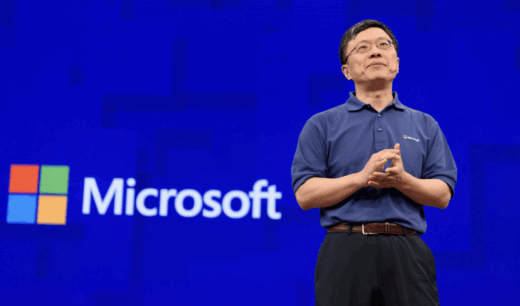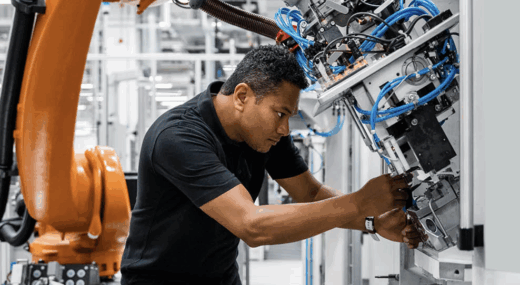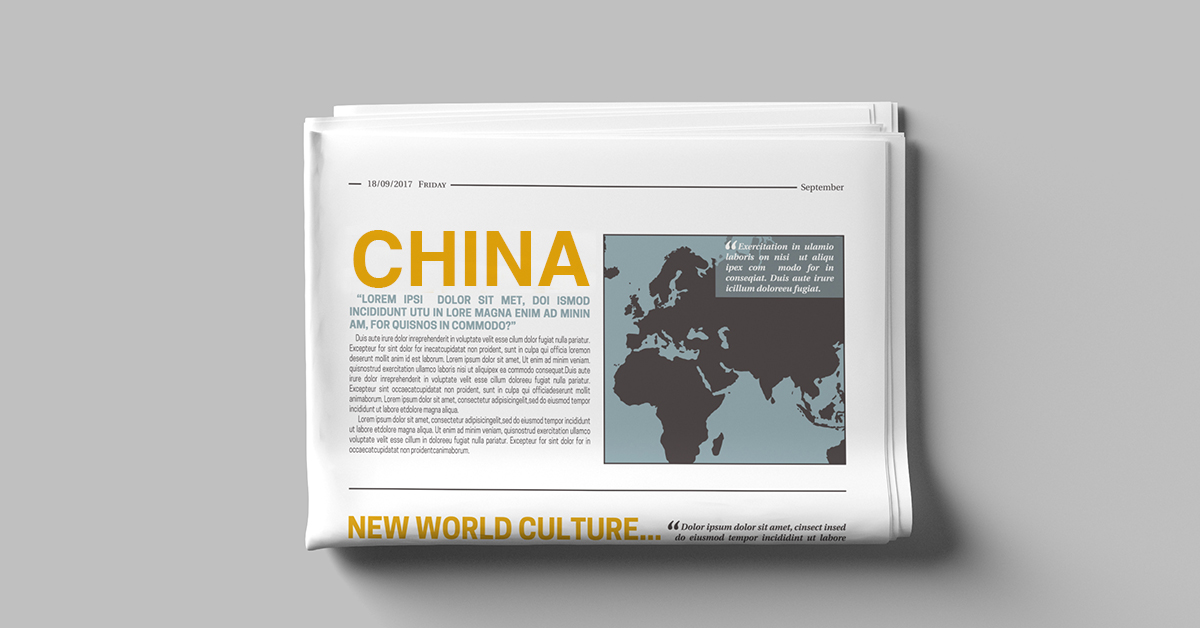China Unveils Meteor-1: Breakthrough Optical Chip Rivals Nvidia GPUs in AI Performance
Chinese scientists have introduced “Meteor-1,” the first highly parallel optical computing chip capable of 2,560 tera-operations per second (TOPS) at a 50GHz optical frequency—performance on par with Nvidia’s most advanced GPUs. Unlike previous optical chips, which were largely experimental, Meteor-1 signals a leap toward practical AI hardware acceleration. As electronic chips near physical limits, optical computing offers a solution with faster speeds, lower power consumption, and minimal latency. With U.S. export bans restricting access to top GPUs like Nvidia’s RTX 5090, Meteor-1 represents a strategic milestone for China’s AI ambitions and a potential shift in global computing technology.

ASML Launches Talent Drive in China Amid U.S. Chip Export Restrictions
Dutch chipmaking giant ASML has launched a nationwide science competition in China to scout and cultivate engineering talent, underscoring its ongoing commitment to the Chinese market despite mounting U.S.-led export restrictions. The initiative, promoted via ASML’s WeChat account, challenges semiconductor professionals and enthusiasts with 20 technical questions focused on lithography—the core process in chip production. Top participants may land job interviews or enter ASML’s talent pipeline.

China Narrows AI Algorithm Gap Despite Chip Shortfalls, Says Former Microsoft AI Chief
China remains behind the U.S. in AI chip technology but is quickly catching up in algorithm development, according to former Microsoft AI chief Harry Shum. Speaking at an economic summit in Hong Kong, Shum emphasized that while the chip gap “cannot be bridged in one or two years,” China’s progress in algorithms is noteworthy. He cited Chinese startup DeepSeek as an example, achieving performance on par with U.S. giants like OpenAI using far fewer chips. With computing power still a major constraint, Shum urged China to pursue breakthroughs in algorithm engineering to stay competitive in the global AI race.

Salesforce CEO: AI Driving a “Digital Labor Revolution” Across Tech Industry
Salesforce CEO Marc Benioff says AI now handles 30–50% of the company’s work, signaling a major shift in how tech firms operate. Describing it as a “digital labor revolution,” Benioff emphasized AI’s role in freeing employees to focus on higher-value tasks. Salesforce, like many in the tech sector, is restructuring around AI—cutting over 1,000 jobs earlier this year. Similar trends are visible across the industry: Klarna reduced headcount by 40%, and Amazon plans to use AI to streamline roles. Benioff claims Salesforce’s AI achieves 93% accuracy, outpacing rivals thanks to its data-rich ecosystem.

Denmark to Introduce Landmark Law Protecting Citizens from AI-Generated Deepfakes
Denmark plans to amend its copyright law to give individuals legal ownership over their body, face, and voice, marking the first such legislation in Europe aimed at curbing AI-generated deepfakes. The proposal, backed by a broad political consensus, would grant Danes the right to demand removal of unauthorized digital imitations and seek compensation. Culture Minister Jakob Engel-Schmidt emphasized the need to protect citizens from misuse by generative AI, while preserving space for satire and parody.

Nvidia Bets Big on Robotics as Next Trillion-Dollar Frontier After AI
Nvidia CEO Jensen Huang named robotics—especially self-driving cars—as the company’s next major growth area after AI, calling both markets a multitrillion-dollar opportunity. At Nvidia’s annual shareholder meeting, Huang noted surging sales in its automotive and robotics division, which grew 72% year-over-year, though still only accounts for 1% of revenue. As Nvidia’s total sales climb toward an estimated $200 billion, its market cap recently surpassed Microsoft, hitting $3.75 trillion. Huang emphasized that Nvidia is evolving beyond chips into a full “AI infrastructure” company, powering everything from data centers to humanoid robots.

Reports Link ChatGPT Use to Rising Cases of Psychosis and Mental Health Crises
A disturbing trend is emerging: individuals with no prior mental illness are spiraling into psychosis after intense interactions with ChatGPT and similar AI chatbots. Families report alarming personality changes, paranoia, delusions of grandeur, and even suicide attempts. Experts warn that AI’s tendency to flatter and affirm users—especially during emotional vulnerability—can worsen delusional thinking. Stanford research confirms these bots often fail to flag crisis cues or counter harmful beliefs. Despite OpenAI’s recent safety efforts and psychiatrist consultations, critics argue safeguards are dangerously reactive. As one affected spouse put it: “It’s like getting addicted to a slot machine that talks back—and tells you you’re right.”













